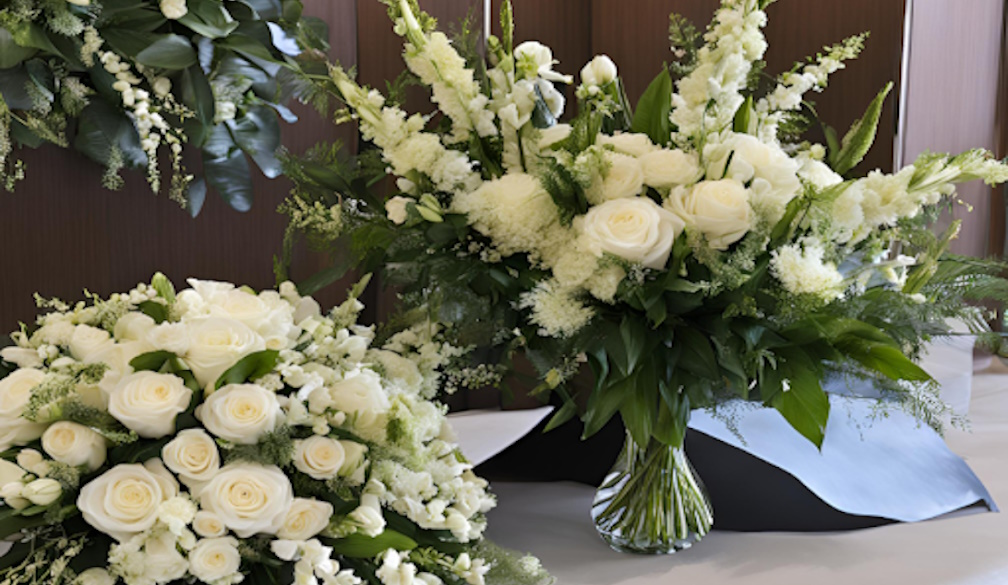So, What are your Biggest Weaknesses?
- Written by NewsCo

Many people give themselves a confidence boosting pep talk before an important job interview, putting all thoughts of inadequacy aside. But what happens when the interviewer suddenly asks you to share your biggest weakness?
In panic, a million closeted skeletons could come to mind, but with some preparation, your reaction to this question can be used to demonstrate why you are a suitable applicant for the position in question. Of course, they are not asking about your chocolate chip ice-cream habit, so you don’t need to give away any hidden secrets. The question is designed to test your nerve.
It is likely that you have heard it said to 'turn a negative into a positive'. The temptation to confess you work too hard, or pay too much attention to detail can be almost overwhelming, but resist this temptation. While it may seem a clever way to answer, and give information about yourself that will see you through to the next interview round, in reality all you have told the interviewer is that you have attended career seminars. It also hints that you may not be as open about your abilities as you could be.
What you will have missed is an opportunity to tell your future employer what real challenges you have met, and what lengths you are willing to go to, to carve your place in their organisation. “What's your biggest weakness?” is a psychological question. The interviewer is trying to gauge self-awareness, and critical honesty. Most employers are looking to build their teams with authentic people who can be upfront when something is not working as well as it could.
So truly, they do want to know your greatest weakness. And they want to know what you are doing about it. Career coach Ryan Kahn says, “You can use a weakness that you have overcome showing that not only are you aware of your flaws but are able to take corrective action to fix them.”
Anyone employing you now is getting the person you will be in the future also, and interviewers have a short time to try to figure out just who that future employee might be. If the interviewer leaves the meeting wondering who you really are as a candidate, the interview has been a waste of time, and you are unlikely to be chosen.
Your answer to the 'biggest weakness' question is a chance to show the interviewer how you can keep a level head when the going gets tough. Being able to keep your composure when discussing how you are overcoming your imperfections will make a good impression. Also, while avoiding trite, clichéd answers, try to introduce positive information to the equation, and let your employer know why even your biggest weakness will not have a detrimental impact on your work.
Overall, the employer wants to know you can do the job at hand. If you leave an interview for a position matching your skill set, knowing you have addressed all questions thoughtfully, fearlessly and honestly, you can be fairly confident of receiving a follow up call.
Interview coaching can help you prepare answer to this and other questions which are likely to be asked at interview. You won’t have to think nervously for an answer; you will be prepared and know exactly how to get your message across. Talk to one of our specialist consultants at Resumes for Results today and be ready with your answers at your next interview.




